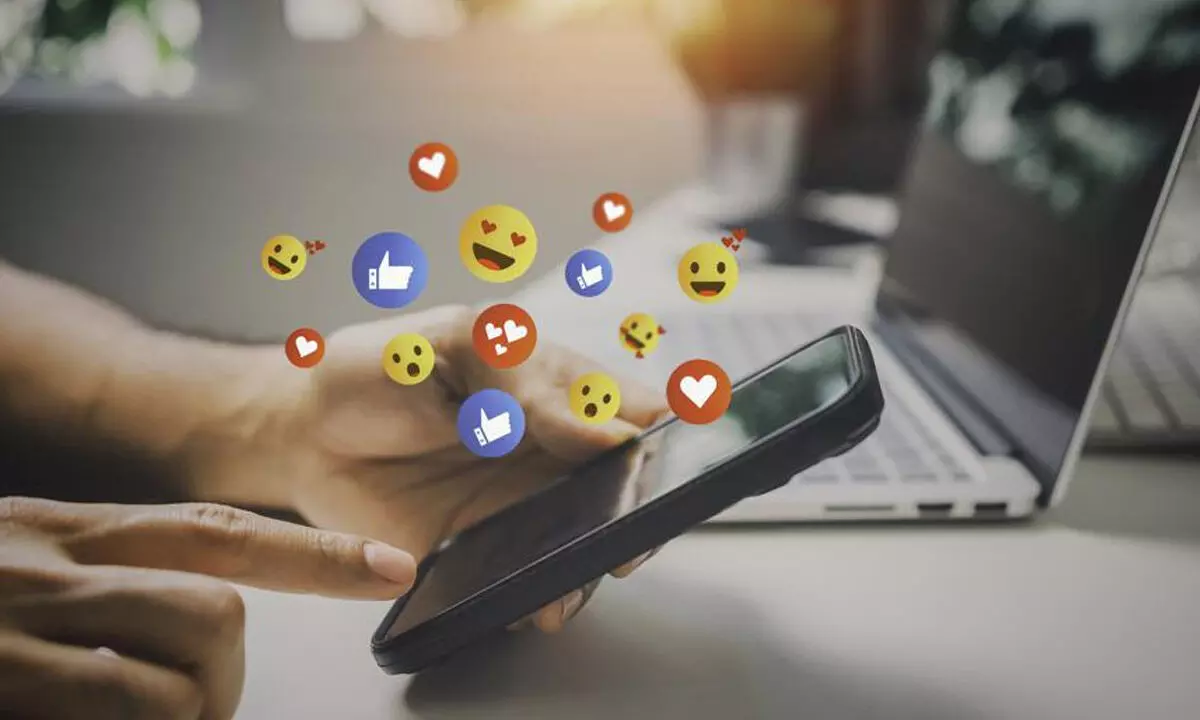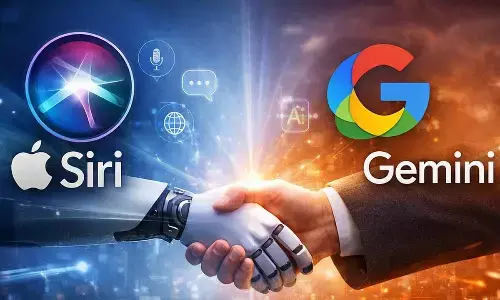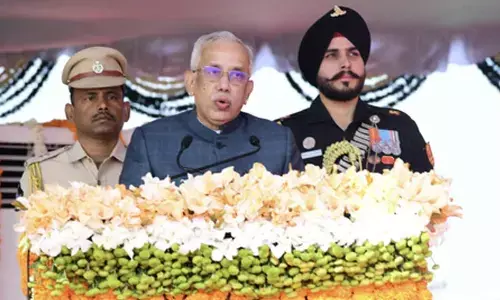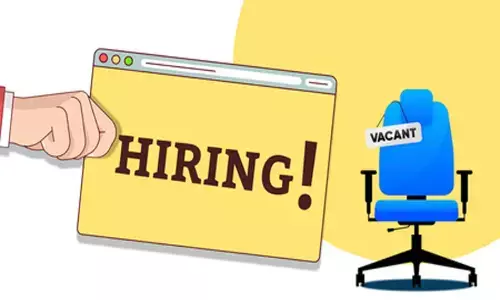From ‘Likes’ to Low Mood: The Social Media Impact

As per WHO report, it is estimated that more than 300 million people suffer from depression which is now considered as a leading cause of disability worldwide.
As per WHO report, it is estimated that more than 300 million people suffer from depression which is now considered as a leading cause of disability worldwide. As per APA (American Psychiatric Association), major depressive disorder (MDD) is a condition characterised by episodes of all-encompassing low mood accompanied by low self-esteem, and loss of interest or pleasure in normally enjoyable activities. Nowadays most people use social media platforms, such as twitter and Facebook, to share their thoughts and opinions with their contacts.
As such, social media provides a means for capturing behavioural attributes that are relevant to an individual’s thinking, mood, communication, activities, and socialisation, the emotion and language used in social media postings may indicate feelings of worthless-ness, guilt, helplessness, and self-hatred that characterise major depression. This happens with most of us who regularly use social media on a daily basis. Nobody would deny this fact that they have had the experience of feeling envious of the fun their friends seem to be having. This might especially be the case if you are sitting at home, feeling bored while everyone else is partying or having a comfortable holiday in the sun. According to the majority of us, it’s obvious and natural to feel like that. So how is it possible that these feelings could be the start of something worse like depression? Does it make any sense that using social media actually makes you depressed? Well! a recent study sponsored by the NIMH (National Institute for Mental Health. USA), identified a strong and significant association between social media use and depression.
The study found that levels of depression in youth increased with the total amount of time they spent using social media and the number of visits to social media sites per week. There are likely to be many complex reasons why social media use might be associated with depression. For instance, it is possible that people who are already depressed might be more inclined to rely on social media instead of face-to-face interactions, so greater social media use may be a symptom rather than a cause of depression. We all know that ‘Likes’ are the currency of social media, and people who have low self-esteem may place great value on seeking validation from their social media use by trying to attract likes to their comments as a way of increasing their self-esteem. In this way, social media can be a bit of apopularity contest.
According to psychiatrist’s, in some cases social networking relationships can have a positive emotional effect as well. There are numerous studies that indicate that social media sites can be positive for people struggling with social anxiety and depression. With all these conflicting reports, it would be wise to understand our own personal reasons for using such platforms. Once we understand our underlying psychological needs for these sites, we can adjust our expectations. For example, if we are using these sites to build friendships, it’s important to be aware of their limitations in order to avoid disappointment. When we find ourselves feeling left out, inadequate, irritable or jealous after reading stories or viewing photos of our friends’ activities, it’s a clear indication that our cyber-relationships are not meeting our emotional needs. So best is to limit ourselves and be happy doing other things which gives us more happiness and peace of mind. Having a balanced perspective and realistic expectations about social media networking can prevent feelings of jealousy, inadequacy, depression and social comparisons. Along with this, it is also important to assess the quality of our non-virtual relationships. This can be done by taking a hard look at the amount of actual time we spend with the people who are important to us. Remember! It is impossible to replace the feelings of connection that manifest from having personal, genuine relationships.
The Gita states that man can be his own best friend or his own worst enemy. But in order to be my best friend, I have to spend time with myself. I have to learn to love and respect myself so that I can love others and respect them as well. The only time to do that is to spend time with myself. By getting to know myself and to watch what is going on in my mind, I need to gently push the mind back on the right track. If during the day, I allow my mind to be negative or to have waste thoughts, it would be a difficult task and I would struggle. Yet, if during the day, I threw out the waste stuff which is of no use to me and just made sure my thoughts are good and positive, it’ll be that much easier to have that elevated experience. Alas, it is not sufficient to just read about it. Just get up and start practising it.














